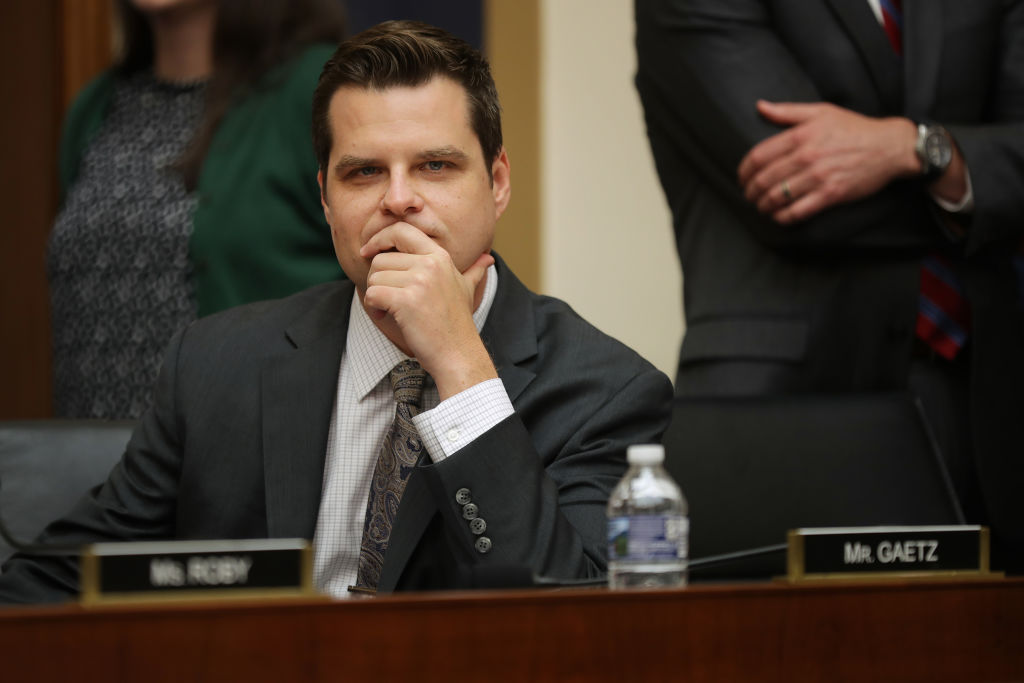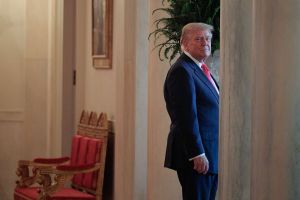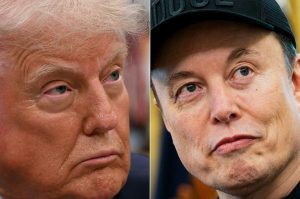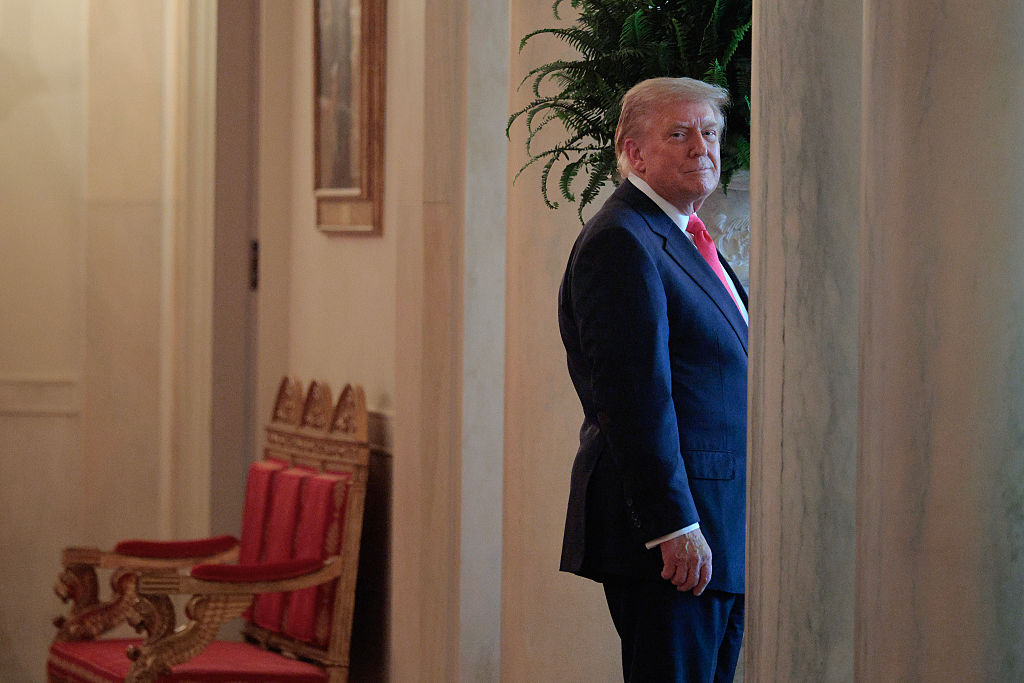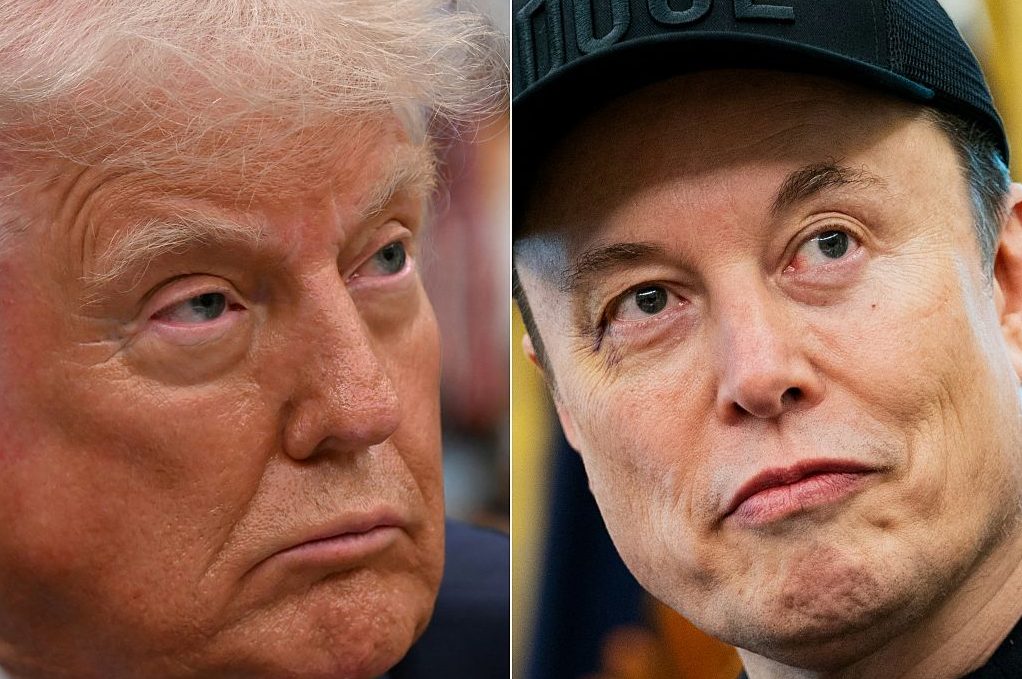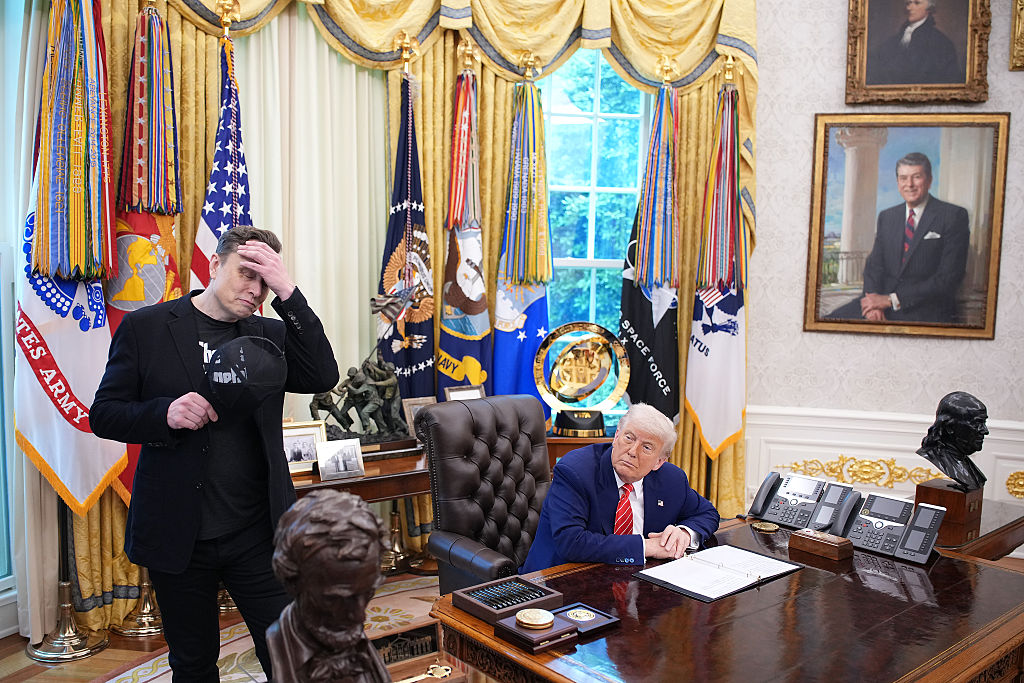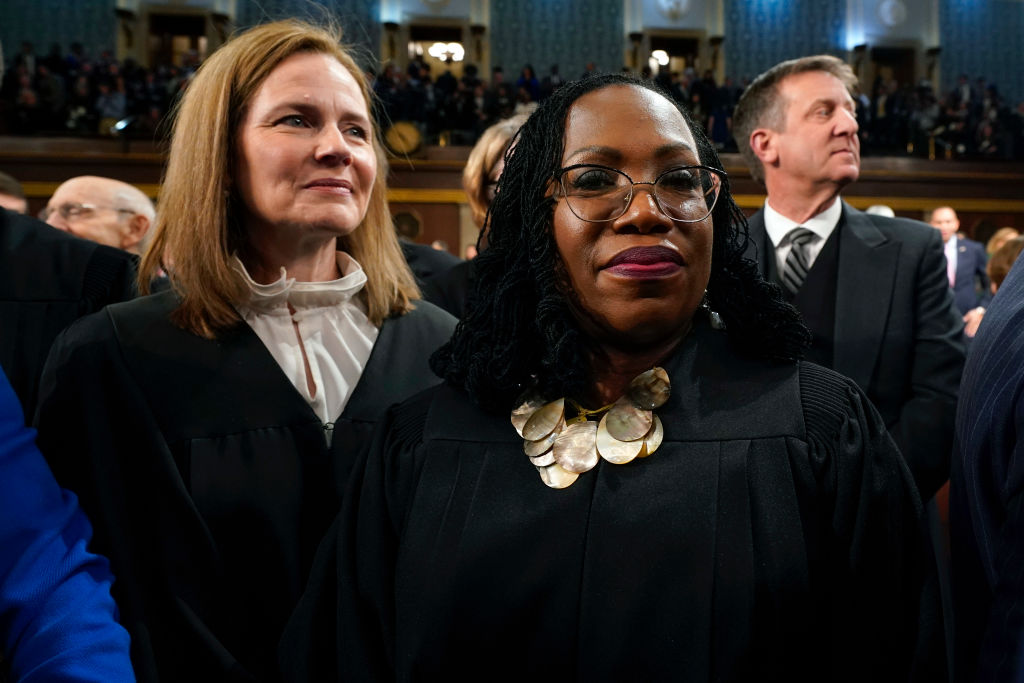Rep. Matt Gaetz of Florida, a Trump favorite and Fox News star, may have just fired the first loud shot of a new ideological war that may be heard around the world.
‘The “fog of war” is no fog to me, or any of the 700,000 people I serve,’ Gaetz clarified to a surprised Washington crowd of lefties and libertarians last month.
‘It is not hazy,’ said Gaetz, whose North Florida district has the highest concentration of active-duty military in America. ‘We see the impact of war every day among the people we love who shape our lives. It is a stark reminder that the unmatched freedoms we enjoy are not free — they are bought with the blood of American patriots. And it is our solemn duty and highest responsibility to make sure that this sacred currency is spent only when absolutely necessary.’
As I’ve reported, Gaetz quietly served as chief lobbyist against continued administration support of Saudi Arabia’s Yemen escapade, arguing that Trump should decline to veto a recent resolution condemning the war. Trump didn’t listen, but he and his team are still listening to Gaetz, who Trump loyalists are urging to cross state lines and reclaim the Alabama Senate seat lost by Roy Moore.
Polemics against the security state are nothing new. Gaetz’s left-libertarian audience on Capitol Hill would have gladly taken up arms against any of America’s recent and misguided foreign ventures — in Iraq, in Libya, in Syria. But a foreign policy anchored in support of the sitting president of the United States who is also, until further notice, the unquestioned standard-bearer of a major political party?
That’s new. And it’s one answer to what’s been a looming question of the Trump era. Ever since Candidate Trump eviscerated the failed foreign policies of President George W. Bush, it’s been unclear what, exactly, was Trump’s vision of foreign policy.
Nor has President Trump answered the question begged by Candidate Trump. Trump has castigated Bush’s band of reckless regime-changers as charlatans undeserving of power. On the other hand, he has named one of Bush’s most controversial deputies, Ambassador John Bolton, as his national security adviser. Further, Trump’s vice-president, Mike Pence, is an inveterate neoconservative, a full-spectrum defender of the old religion of interventionism.
Candidate Trump presented himself as — his words — a ‘neutral’ arbiter of the Israeli-Palestinian mess. Candidate Trump thrilled crowds with promises of — also his words — ‘bombing the shit’ of the Islamic State and reviving torture.
Trump’s deserved ascension to the Republican nomination and then to his current cramped quarters in the White House defrocked the powers of institutional conservatism. But, come January 2017, what was Trump’s foreign policy in practice?
Most of the first 28 months of the Trump White House have seen a modus vivendi: an uneasy power-sharing between Trump’s nationalist, realist inclinations, and the decreasing number of those around him who share them, such as current senior adviser Stephen Miller and the old faithful, exemplified by Pence and Bolton.
Pragmatic operators like Secretary of State Mike Pompeo and former chief strategist Steve Bannon have straddled the line. Bannon, in particular, emphasized a ‘Jacksonian’ foreign policy, even if Trump purported that his favorite president was the ‘late, great Abraham Lincoln’. America was done democratizing the Middle East, and it was clear-eyed about Russia and China, but it wasn’t done picking sides — and couldn’t be done if it wanted to remain a global power.
Pompeo, awaking the paleoconservatives from a fever dream, announced in Cairo earlier this year that ‘America is back’ in the Middle East. Washington has wholeheartedly embraced the major Sunni Arab states — Saudi Arabia, the United Arab Emirates, and the Egypt of Abdel el-Sisi, with whom Trump built an early relationship with during the campaign. The administration has turned an ever more skeptical eye toward Iran, toward ostensible NATO ally Turkey, and even toward Qatar, the Islamist-friendly kingdom that hosts an American airbase. The Foundation for the Defense of Democracies, a hawkish think tank, is the White House’s go-to shop on Iran — the most powerful in Washington today.
While most of the blue-chip policy shops, such as the American Enterprise Institute and the Cato Institute, have kept their distance from the Trump administration, plucky digitally-oriented newcomers such as the Security Studies Group have filled the void. And their perspective is clear. America should continue the renewed, fist-tight alliance with the Sunni autocracies, and use Washington power to crush the Muslim Brotherhood, and Iran’s regional ambitions, most notably in Yemen. SSG’s most hawkish members favor continued US presence in Syria, though the outfit is internally divided on the subject. Trump’s Washington has trilled at Israel-Sunni co-ordination on Iran; Palestinian ambitions are collateral damage.
Make no mistake, interlocutors like SSG are Trump supporters, not invisibility-cloaked neoconservatives, who have near-universally rejected the president. But such individuals are not devotees of Pat Buchanan or Ron Paul, whose legacies Trump inherited in tandem during the 2016 primary. Trump won a mandate for realism and restraint, but at many levels, has governed as an interventionist, at least in theory. Extraordinarily, the establishment has shunned him anyway.
Lately, though, the broader Trump apparatus has shifted the other way. It began last December with the president’s sudden, now-stalled move to leave Syria. The proposed maneuver forced the exit of James Mattis, Trump’s defense chief and an apostle of the pre-2016 status quo. Then came the embarrassingly public Saudi assassination of Muslim Brotherhood-friendly, Qatar-advised ‘journalist’ Jamal Khashoggi. The Khashoggi killing and its fallout have changed the game elsewhere, notably in Yemen. The country’s Houthi rebels are the bêtes noires of Saudi crown prince Mohammed bin Salman, and he had counted on American largesse to prop up a doomed crusade there.
Meanwhile, a broader discussion has reopened on the right. On Iran, the president has taken back the wheel from Bolton in recent days. For now, as I’ve reported, he’s steering the US away from all-out war or some limited military engagement such as airstrikes.
In DC, Gaetz said that before Trump’s election, America’s decision-makers had demonstrated a ‘tragic recklessness with the treasure of our nation and the blood of our patriots’. Indeed. Come election time, if he steers clear of full-on intervention in Iran and Venezuela, Trump will be the first American president in a generation — and in my lifetime — not to have involved the US in a new foreign war. George H.W. Bush banished Saddam from Kuwait. Clinton submerged America in the Balkans. George W. Bush tragically finished his father’s business. And Barack Obama bungled the Arab Spring.
Gaetz was speaking to a burgeoning, watershed right-left alliance of VoteVets and Concerned Veterans of America. Of the several congressmen who addressed these two very different sets of people, he was clearly the most impressive. In 2016, Candidate Trump took Bernie Sanders crossover votes in Ohio, Michigan, Wisconsin and Pennsylvania with this kind of energy. Will President Trump recapture that energy in 2020?



